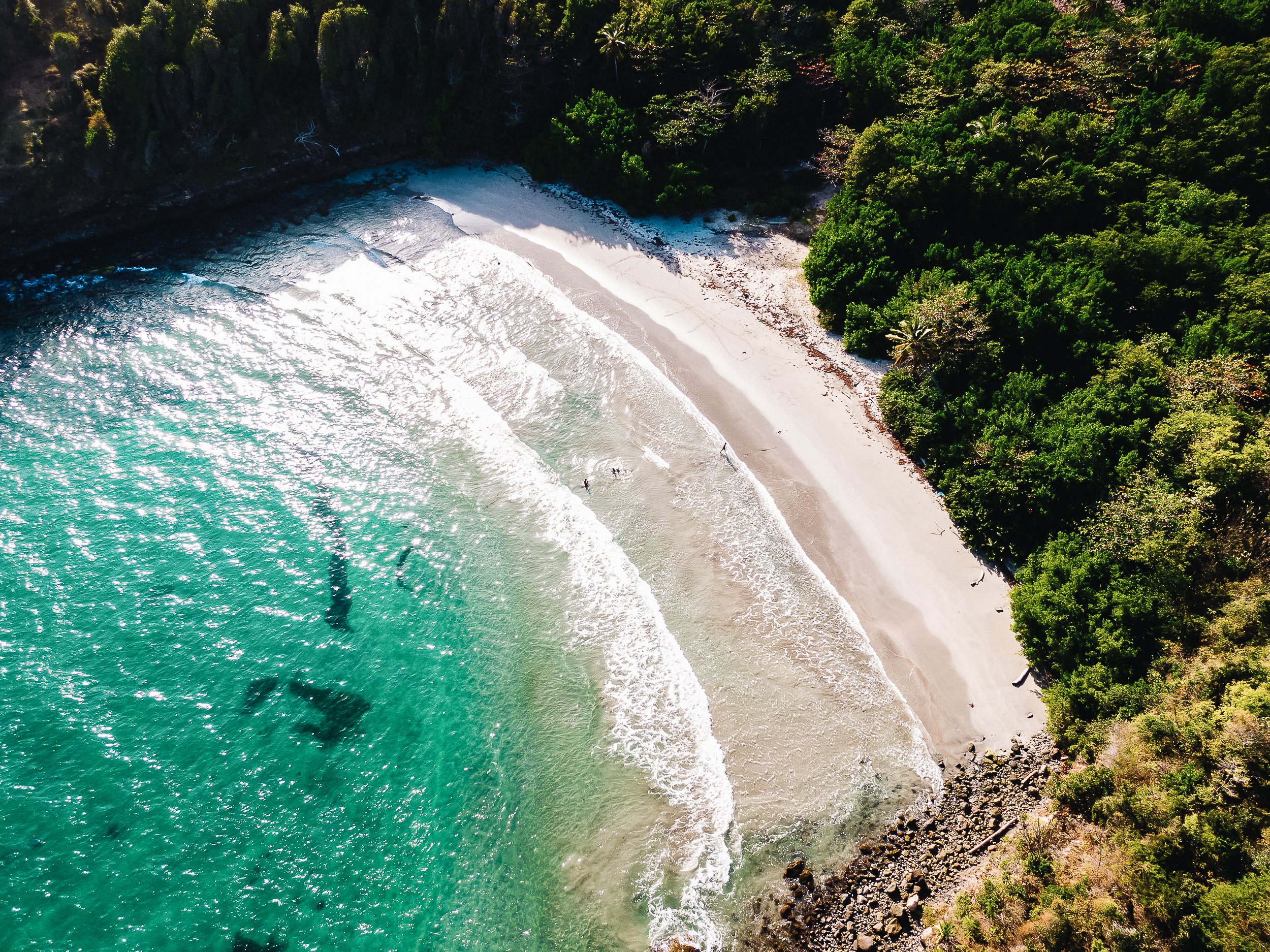
TRAVEL GOES GREEN.
Fittingly, sustainability can now be considered an evergreen trend as the wave of consumers who seek out brands that are committed to environmental, socio-cultural, and economic sustainability shows no sign of dissipating. Indeed, according to the 2022 Sustainable Travel Study by Expedia Group Media Solutions, based on a survey of 11,000 people from 11 countries, no less than 90% of consumers look for sustainable options when traveling, although, interestingly, 70% feel overwhelmed by the process of being a more sustainable traveler.
The year ahead will see plenty of companies expanding their efforts in sustainable tourism. As noted via roundup in Travel Pulse, for instance, Seattle-based Global Family Travels has signed on to the Glasgow Declaration of the United Nations World Tourism Organization committing to a decade of tourism climate action, as well as to the Climate Action Pledge of the Adventure Travel Trade Association; Say Hueque, a Buenos Aires-based company offering journeys in Argentina and Chile, has committed to planting 20,000 trees in Patagonia by August 2023; and Uniworld Boutique River Cruises in Los Angeles has become the first river cruise company to introduce verified net zero targets validated by the Science Based Targets initiative. Meanwhile, in Lowcountry South Carolina, Montage Palmetto Bluff is upping its efforts. Surrounded by 20,000 acres of historic property that is fiercely protected by the Palmetto Bluff Conservancy, everything begins and ends with the land. Amongst myriad sustainability initiatives the resort has implemented – from vermiculture bins and eco-friendly golf-course maintenance to research initiatives with the Conservancy – guests now have the option to participate in a series of new, interactive offerings through new resident naturalist, Cassie Beato.
Positive climate action is increasing in urgency as consumers grow more conscientious about how their own decisions, including the brands they support, impact the environment and the health of the planet. Sensible Weather has taken a proactive approach to climate risk by carefully monitoring climate warnings and issuing Weather Guarantees to lower the financial damage suffered by consumers when outdoor travel experiences are washed out by bad weather. The company recently announced a partnership with the PGA to eliminate the burden of rain checks at affiliated golf courses by giving golfers the option of protecting against the risk of volatile weather when they book tee times and lodging packages online.
As consumers become more conscious of their own decisions, we’ve also seen a large uptick in the resurgence of specific sustainable travel such as train travel, which uses use 30% less energy per passenger mile than cars and 20% less than planes, according to Vacations By Rail. Indeed, train travel has been dubbed a “surging trend” by Pinterest thanks in large part to the desire of travelers to slow down and immerse themselves in new places and landscapes.
On the theme of slowing down, Casetta Firenze in Tuscany offers a Secret Sustainable Food Tour to share best kept secrets of culinary traditions, methods and recipes that have been passed down generation to generation. Sustainability has been a focus for owner Xenia Lemos as she creates experiences for those who enjoy slow travel and slow food, working with a close network of producers focused on organic ingredients and sustainable cooking methods.
Other popular trends inspired by sustainability include “voluntourism” programs that enable travelers to make an immediate impact by visiting destinations responsibly to conserve the environment and improve well-being of local communities. Tourism authorities including Grenada Tourism have begun offering voluntourism initiatives such as beach and reef clean ups, community projects, and even medical electives for travelers looking to make an impact.
Hotels and resorts are even offering rentals on backpacks to encourage travelers to pack less and reduce their carbon footprint. Others, like True Blue Bay Boutique Resort, are fully committed to green efforts by using all solar-powered equipment, having light timers in rooms, and sourcing all fresh foods and produce directly from local farms and vendors.
While there is plenty of buzz about sustainability in travel, hoteliers would be wise to proceed thoughtfully rather than rush in. Commenting recently about hotel design trends for the year ahead on Hospitality.Net, Derek Gagne, Principal and Landscape Architect at EDSA, observed that the concept of sustainability has reached the point of “overtalk” and grown too broad. “A better strategy for hoteliers is to focus on ‘well-rounded wellness,’ with design that is beneficial to nature and nurturing of wellbeing of guests.”
LUXURY ON THE RISE.
<<<
BYE BYE BARTER.
>>>









